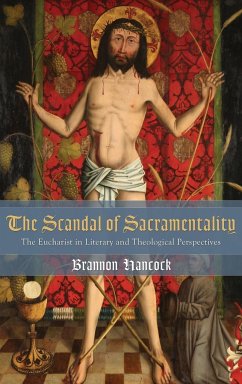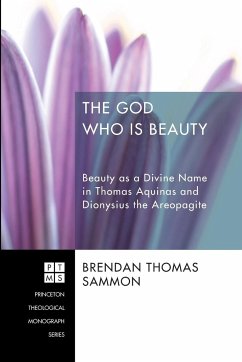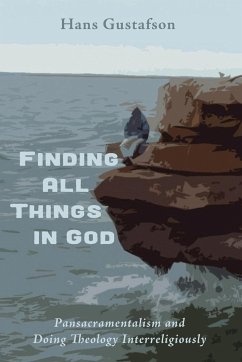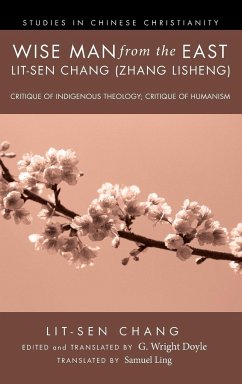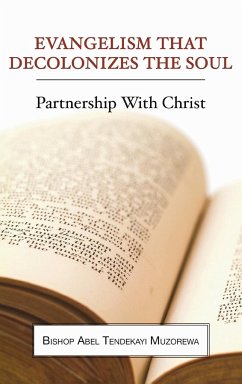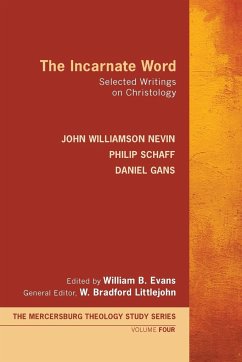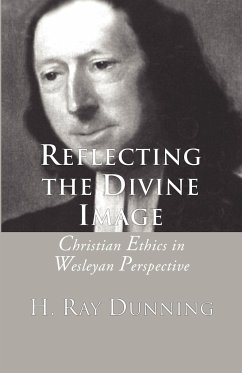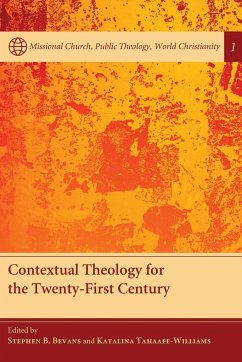The sacrament par excellence, the Eucharist, has been upheld as the foundational sacrament of Christ's Body called Church, yet it has confounded Christian thinking and practice throughout history. Its symbolism points to the paradox of the incarnation, death, and resurrection of God in Jesus of Nazareth, which St. Paul describes as a stumbling-block (skandalon). Yet the scandal of sacramentality, not only illustrated by but enacted in the Eucharist, has not been sufficiently accounted for in the ecclesiologies and sacramental theologies of the Christian tradition. Despite what appears to be an increasingly post-ecclesial world, sacrament remains a persistent theme in contemporary culture, often in places least expected. Drawing upon the biblical image of ""the Word made flesh,"" this interdisciplinary study examines the scandal of sacramentality along the twofold thematic of the scandal of language (word) and the scandal of the body (flesh). While sacred theology can think through this scandal only at significant risk to its own stability, the fictional discourses of literature and the arts are free to explore this scandal in a manner that simultaneously augments and challenges traditional notions of sacrament and sacramentality, and by extension, what it means to describe the Church as a ""eucharistic community."" ""Theology can be profoundly disturbing, shocking, and enticing. In particular, let eucharistic 'body and blood' be explored in sometimes hair-raising texts and we may find the courage to re-engage with dimensions of mystery that we would prefer to marginalize or even forget. Novelists are among our crucial resources for re-engaging religious mystery and our cultures. This book's remarkable achievement is to show us how this may be done."" --Ann Loades, Professor Emerita of Divinity, University of Durham ""In the texts addressed by Hancock here we return to the body in all its messy complexity, and therefore to the mystery that lies at the very heart of the incarnation, the Word made flesh. . . . For some, this may seem a profane book--but it is in its heart deeply sacramental and, perhaps, even devout. Yet it is timely and challenging, a reminder that religion, and the Christian sacramental tradition, remains a central part of our world and our experience of what it is to be human."" --David Jasper, Professor of Literature and Theology, University of Glasgow ""If we wonder why some scandals persist, not for a round of media infamy, but for millennia of controversy and creativity, then this book gives us much insight into what surely is the paragon case study. Whether we are participants in the Eucharistic sacrament, or simply interested in its literary embodiments, there is plenty to be gained from this scholarly reappraisal--and from all its provocations."" --Andrew Hass, Reader in Religion, University of Stirling Brannon Hancock is a pastor and theologian in the Church of the Nazarene and an adjunct professor at Trevecca Nazarene University and Wesley Seminary at Indiana Wesleyan University. His work has appeared in Literature and Theology, The Journal of Religion and Film, and Conversations in Religion and Theology.
Hinweis: Dieser Artikel kann nur an eine deutsche Lieferadresse ausgeliefert werden.
Hinweis: Dieser Artikel kann nur an eine deutsche Lieferadresse ausgeliefert werden.

